Humans have looked to the heavens for millennia and wondered if we're alone.
For some the answer is a resounding "no." If they haven't seen it with their own eyes, it doesn't exist.
But while some claim definitive proof does already exist on Earth...
...the skeptics aren't buying it.
Now NASA scientists are dashing our hopes of having an up close encounter with an extraterrestrial because of something dubbed the "Great Filter" theory.
So, what's it all about and what bleak future does it predict for humanity?
The scientific paper—which is not yet peer reviewed—posits all intelligent life capable of space travel has likely destroyed itself before reaching the technological advancements necessary for interplanetary flights.
And they predict the same will probably happen to humans...
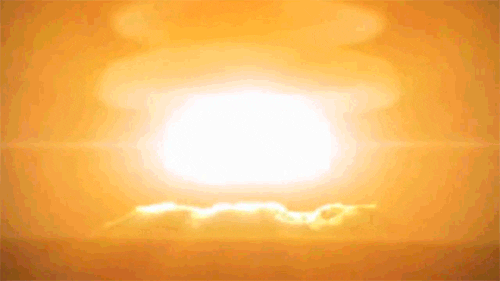
...unless action is taken.
The paper—titled Avoiding the ‘Great Filter’: Extraterrestrial Life and Humanity’s Future in the Universe—theorizes other civilizations capable of space flight existed during the life of the universe, but they all destroyed themselves before visiting outer Milky Way galaxy neighborhoods where the Earth is located.
While some on Earth may think they're the center of the Universe, Earth sits on an outer spiral arm in one of the estimated several hundred billion galaxies in the observable universe.
In other words, Earth is not exactly situated to become a prominent interplanetary tourist stop.
The researchers based at NASA’s Jet Propulsion Laboratory (JPL) in southern California referred to the phenomenon as "filtering out" various forms of life in the same manner some human civilizations on Earth filtered out species of flora and fauna and other human civilizations through destructive lifestyle practices, colonization, warfare and genocide.
When a lifeform reaches the final stage, their destructive tendencies—"deeply ingrained dysfunctions"—filter themselves out of existence or "snowball quickly into the Great Filter."
It is this fate the scientists warned against if Earthlings ever want to reach other planets or encounter extraterrestrials.
There is hope for humanity with some changes in attitude allowing Earthlings to take steps to avoid our own extinction.
Astrophysicist Jonathan Jiang and his coauthors wrote:
“The key to humanity successfully traversing such a universal filter is… identifying [destructive] attributes in ourselves and neutralizing them in advance."
The researchers proposed the tendencies likely to wipe out human existence would have destroyed intelligent life on other planets if the most destructive societies also gained power during their planetary evolution.
They specifically cited nuclear war, pandemic, climate change and uncontrolled artificial intelligence.
The hardest task facing Earth—according to the scentists—will be working together to survive long enough for long distance space travel.
But the Great Filter theory isn't exactly new.
The idea was first proposed in an online essay The Great Filter – Are We Almost Past It? written by economist Robin Hanson—an associate professor of economics at George Mason University and a research associate at the Future of Humanity Institute of Oxford University. The first version of his Great Filter article was shared in August 1996 and last updated on September 15, 1998.
So the theory has been bouncing around academia and online message boards like Reddit for years. Redditors have asked about the theory in subReddits like Ask Reddit, Religion, Space and Aliens.
The Great Filter has even had its own subReddit since 2017
The subReddit states:
"The Great Filter is the most urgent question Mankind has ever faced."
"It's the solution to the Fermi Paradox—Robin Hanson's hypothesis there are no other technological civilizations (not even on Earth) because they die before they colonize a galaxy."
"The mission of r/GreatFilter is to raise awareness of the value and fragility of life, and thus the importance of peaceful colonization of space beyond Earth, one rock at a time."
"Is our destiny literally in our stars?"
As for those JPL scientists at NASA, they wrote:
“History has shown that intraspecies [human versus human] competition and, more importantly, collaboration, has led us towards the highest peaks of invention."
"And yet, we prolong notions that seem to be the antithesis of long-term sustainable growth: racism, genocide, inequity, sabotage."

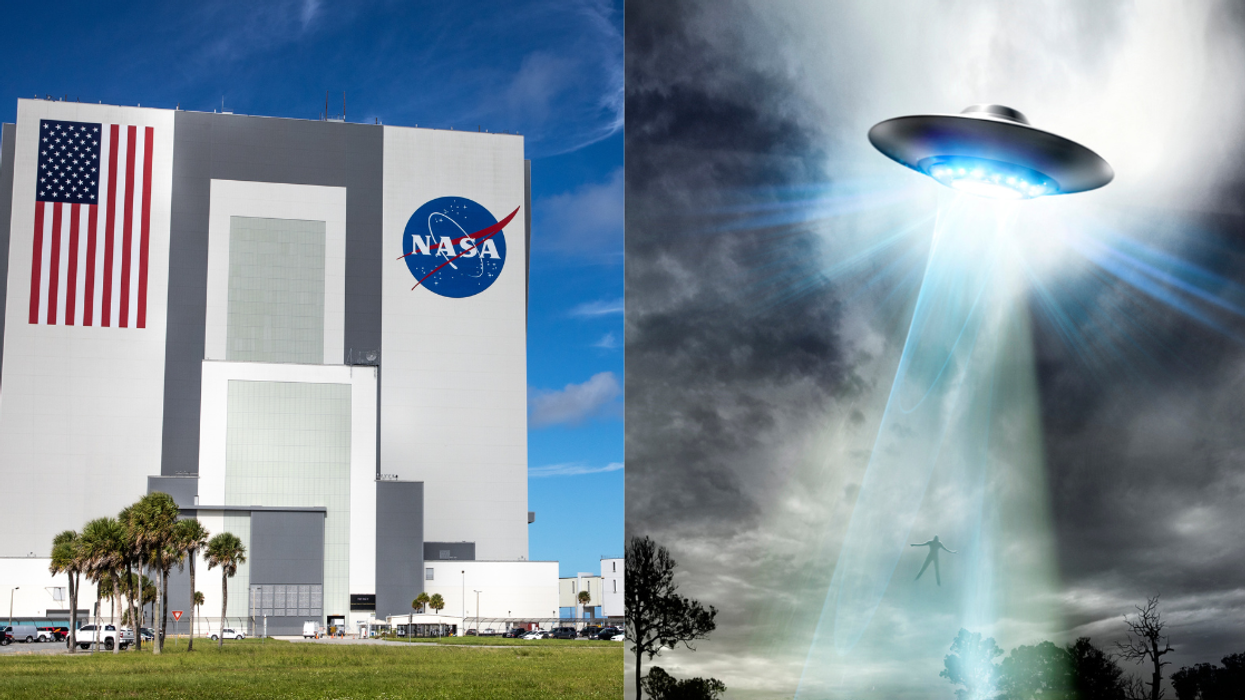

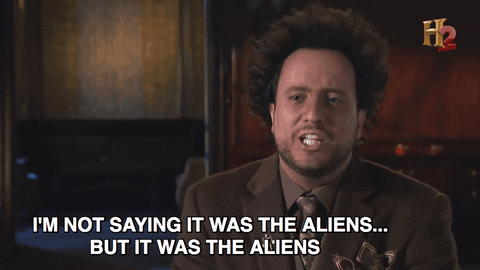
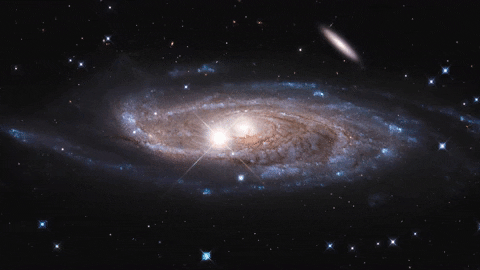
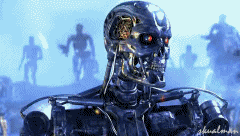




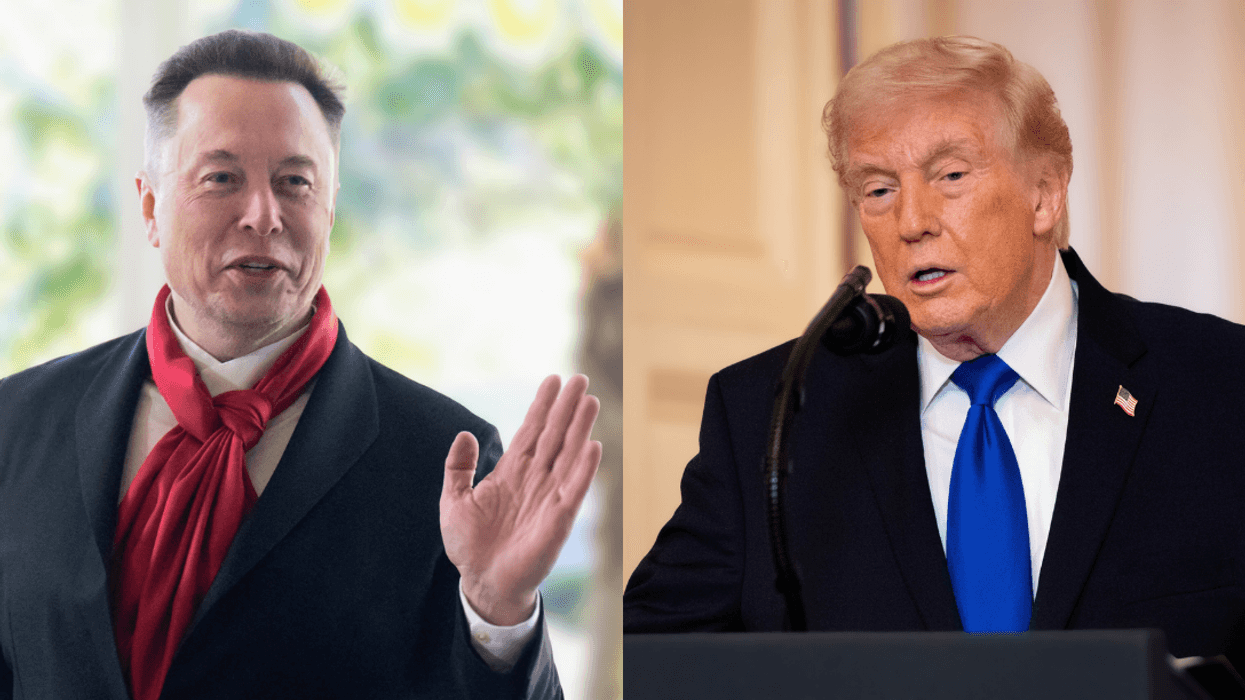
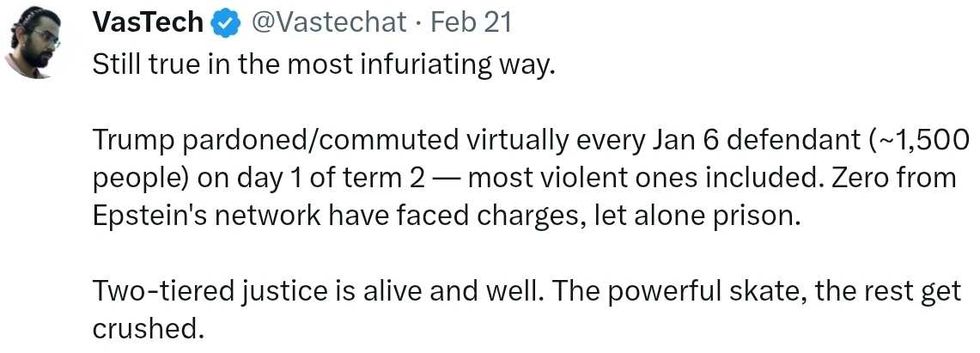 reply to @elonmusk/X
reply to @elonmusk/X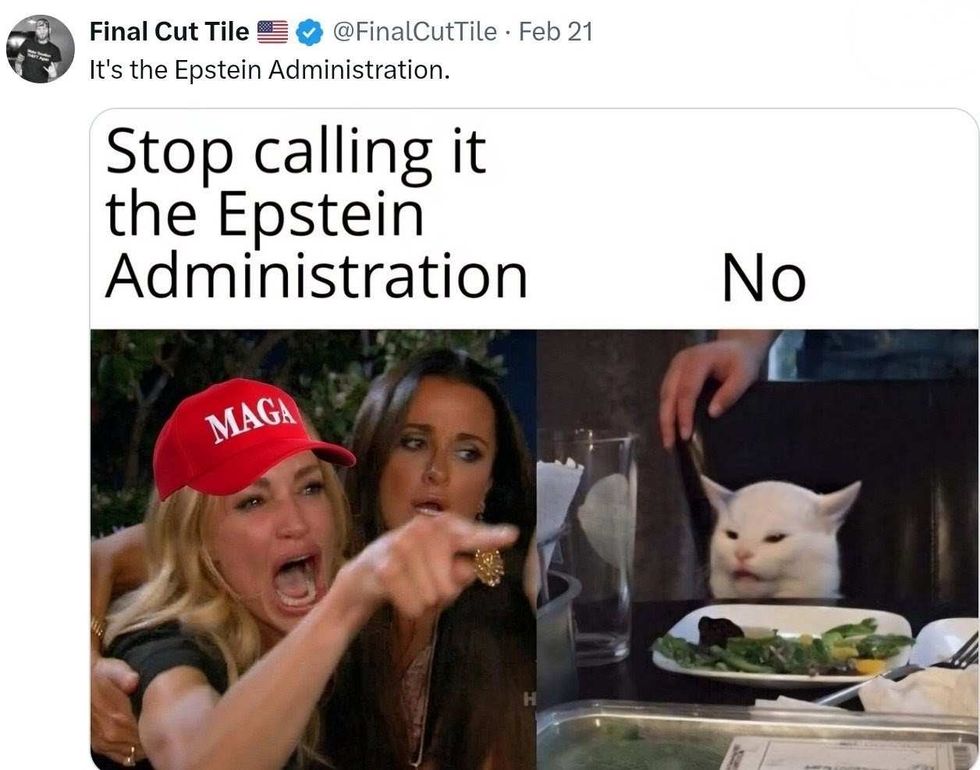 reply to @elonmusk/X
reply to @elonmusk/X reply to @elonmusk/X
reply to @elonmusk/X reply to @elonmusk/X
reply to @elonmusk/X reply to @elonmusk/X
reply to @elonmusk/X reply to @elonmusk/X
reply to @elonmusk/X reply to @elonmusk/X
reply to @elonmusk/X








 @BasedMikeLee/X
@BasedMikeLee/X @ChrisMurphyCT/X
@ChrisMurphyCT/X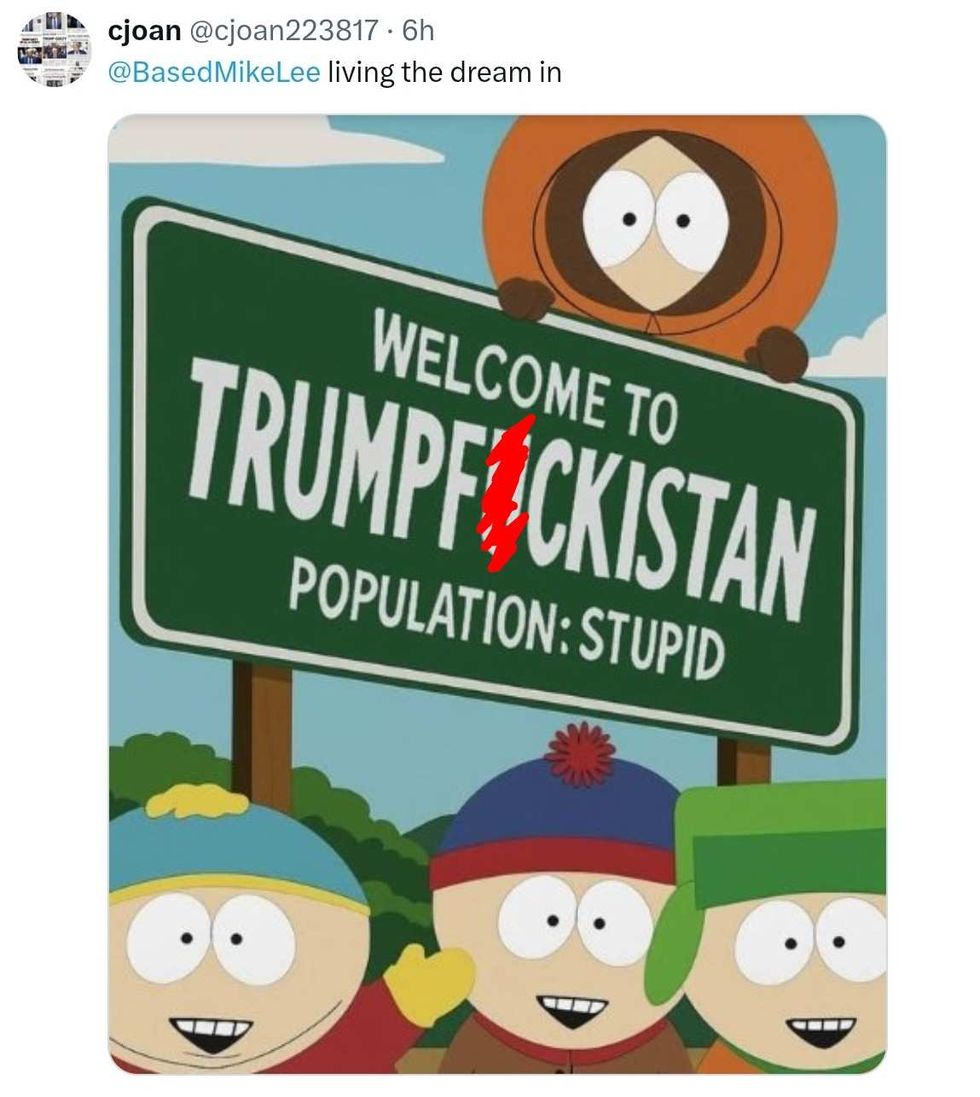 @cjoan223817
@cjoan223817

 @wideofthepost/X
@wideofthepost/X @mrmikebones/X
@mrmikebones/X @USA_Polling/X
@USA_Polling/X